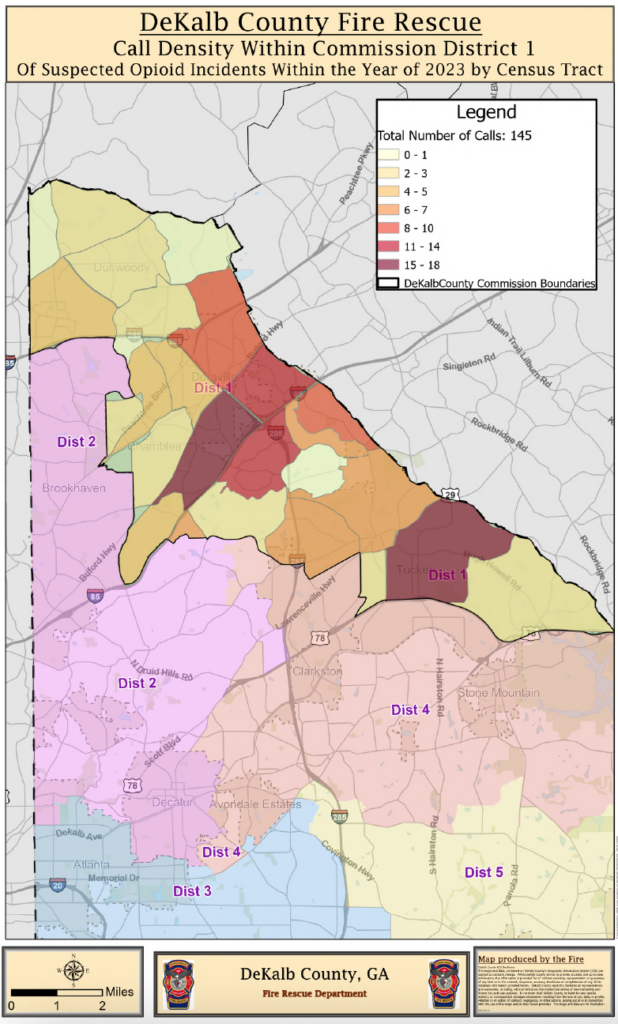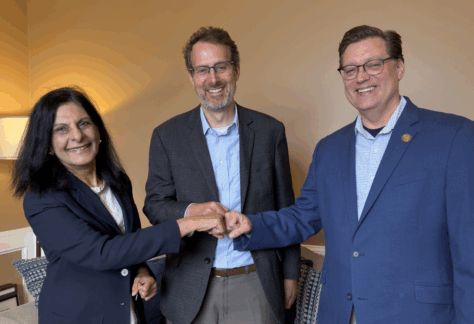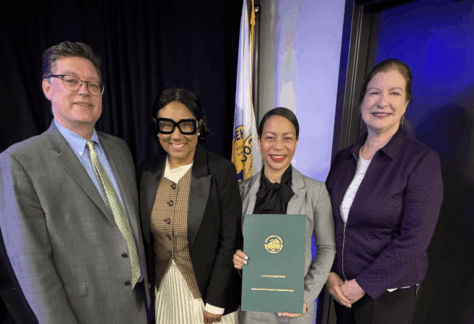A Message from Commissioner Robert Patrick
As Commissioner of District 1, I am committed to addressing the opioid epidemic head-on. On National Opioid Awareness Day, we are reminded that this crisis is far from over, but with the right tools and resources, we can save lives and support individuals on their path to recovery. Together, we can continue to make progress and protect the health and safety of our community.
If you or a loved one is struggling with opioid use, please don’t hesitate to reach out for help. Resources are available through the DeKalb County Health Department and local treatment centers. By spreading awareness and equipping ourselves with knowledge, we can help end this devastating crisis. What follows is more information about the opioid crisis and how it’s affecting DeKalb County, Georgia.
Opioid addiction is a public health crisis that has deeply impacted communities across the country, and DeKalb County is no exception. As National Opioid Awareness Day approaches on September 21st, it’s critical that we acknowledge the devastating toll of the opioid epidemic while also spreading awareness of how having life-saving resources like Narcan available at schools and other public facilities can reverse the effects of opioid overdoses and give people a second chance at life.
The Opioid Crisis in DeKalb County
In recent years, opioid-related incidents have surged across the nation, leading to a tragic rise in overdose deaths. DeKalb County has seen its own share of this crisis. According to data from 2023, there were a number of suspected opioid incidents within our communities. These incidents are not confined to any one demographic—opioid addiction affects individuals of all ages, races, and economic backgrounds.

This data serves as a sobering reminder that opioid use is happening all around us,
including in places we might least expect.
What is Narcan and How Can It Save Lives?
Narcan, the brand name for naloxone, is a life-saving medication that can reverse an
opioid overdose. When administered during an overdose, Narcan works by blocking the
effects of opioids on the brain and restoring normal breathing in a matter of minutes. Its
simplicity and effectiveness have made it an essential tool in the fight against opioid
overdoses.
Narcan is available in most pharmacies without a prescription and can be administered
by anyone—it comes in both nasal spray and injectable forms. If you suspect someone
is overdosing, using Narcan could mean the difference between life and death.
Symptoms of an overdose often include slow or shallow breathing, unresponsiveness or
loss of consciousness.
Making Narcan Accessible in DeKalb County
DeKalb County has taken significant steps to increase the availability of Narcan to its
residents. Many local health clinics, law enforcement officers, and first responders carry
Narcan to provide immediate assistance in the event of an overdose. Additionally, there
are initiatives to train everyday citizens on how to administer the medication safely and
effectively.
The DeKalb County Health Department partners with local organizations to distribute
Narcan kits across the county. If you or someone you know is at risk of an opioid
overdose, it’s important to have Narcan on hand. Contact the DeKalb County Health
Department or your local pharmacy to learn more about how you can obtain this vital
resource.
Understanding the Scope of the Opioid Epidemic
The opioid epidemic in DeKalb County, as in much of the nation, is fueled by a variety of
factors. Many individuals who develop an opioid use disorder initially became
dependent on prescription painkillers that were prescribed by medical professionals.
Others have been exposed to dangerous synthetic opioids like fentanyl, which is far
more potent and deadly than other opioids. Fentanyl is often mixed with other drugs,
making it even more dangerous and increasing the risk of overdose.
Nationwide, the Centers for Disease Control and Prevention (CDC) reports that more
than 100,000 people died from drug overdoses in 2023 alone. Of those, the majority
were linked to opioids. These statistics are staggering, and they reflect the urgent need
for a multifaceted approach to tackling this epidemic.
How You Can Help
Fighting the opioid epidemic requires a community-wide effort. Here are some ways you
can make a difference:
Learn How to Use Narcan: Educating yourself on how to administer Narcan can
prepare you to act if you witness an overdose. Narcan training programs are available
through local health departments and nonprofit organizations.
Spread Awareness: Help reduce the stigma surrounding opioid addiction by having
open conversations about the epidemic and the resources available. Many individuals
struggling with addiction feel isolated, and awareness can be the first step toward
connecting them with the support they need.
Safely Dispose of Prescription Medications: If you have leftover prescription
painkillers, it’s important to dispose of them safely to prevent misuse. DeKalb County
has several drug take-back programs where residents can drop off unwanted
medications.
Support Local Recovery Programs: DeKalb County is home to many organizations
that offer treatment and support services for those recovering from opioid addiction.
Volunteering, donating, or simply sharing information about these programs can help
individuals find the support they need.







